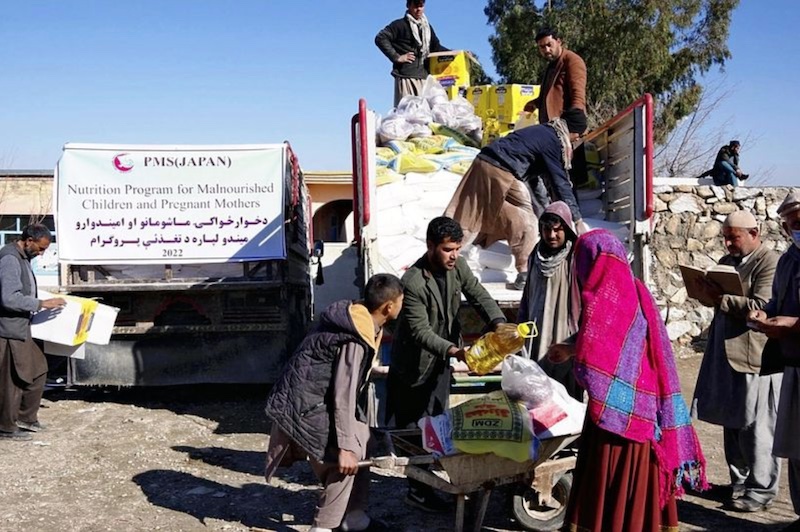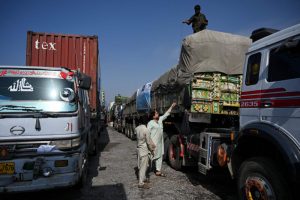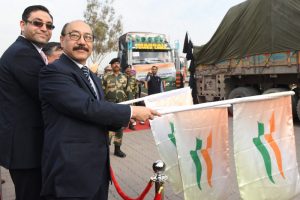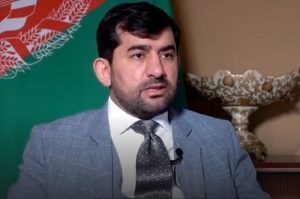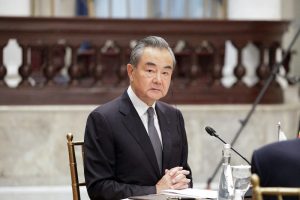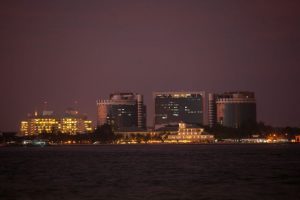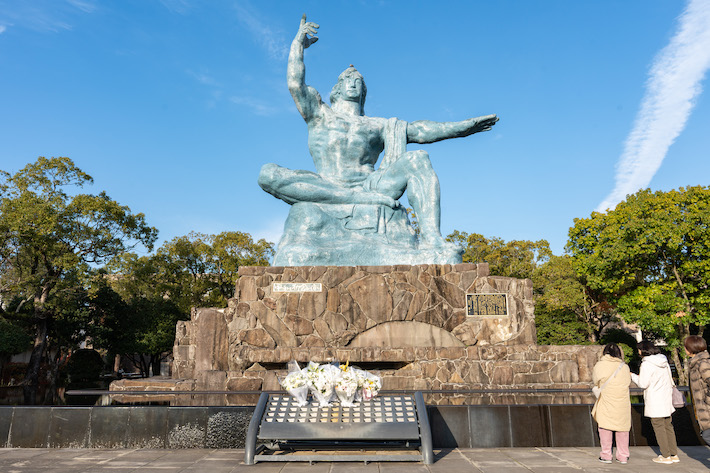A judge on Friday gave the US government more time to decide what should be done with about $7 billion of frozen Afghan central bank funds, which some victims of the September 11, 2001, attacks want and which the Taliban regime in Kabul claims
Sarah Netburn, a magistrate judge in Manhattan, gave the Department of Justice until February 11 to recommend what to do with the funds, which are held at the Federal Reserve Bank in New York.
The funds have been frozen since the Taliban’s military takeover in Afghanistan last August. A recommendation on what to do had been expected by Friday.
In a Thursday court filing, the justice department requested more time to address the “many complex and important issues” including the September 11 victims’ claims, diplomacy, and the “still-evolving” situation in Afghanistan.
It said the matters are being fully discussed and “receiving urgent attention at the highest levels of government.”
Writ of Execution
Some September 11 victims and their families are seeking to cover unsatisfied court judgments related to the attacks, which killed nearly 3,000 people.
One group, the Havlish plaintiffs, won court permission in September to serve the New York Fed a so-called writ of execution to seize the $7 billion and cover an October 2012 court judgment of about the same amount.
The White House also faces pressure from the United Nations and humanitarian aid groups not to apply the funds toward court judgments.
They would prefer money be used to shore up Afghanistan’s central bank, ease the country’s liquidity shortfalls, and help address poverty, hunger and other economic distress.
Release of Funds Urged
Several governments, including China, Iran, Pakistan and Russia, are also urging the release of frozen Afghan assets.
Peshawar-kai, a Japanese nongovernmental organisation (NGO) that provides medical and agricultural assistance to Afghanistan, said on Sunday it had begun distributing emergency food aid.
The NGO will distribute a one-month supply of wheat and rice to about 18,000 people in eastern Nangarhar province.
Peace Japan Medical Service, a Peshawar-kai unit based in the province, reported in December that food aid was required after the number of malnourished children being brought to their clinic had increased sharply.
- Reuters, with additional editing by George Russell




